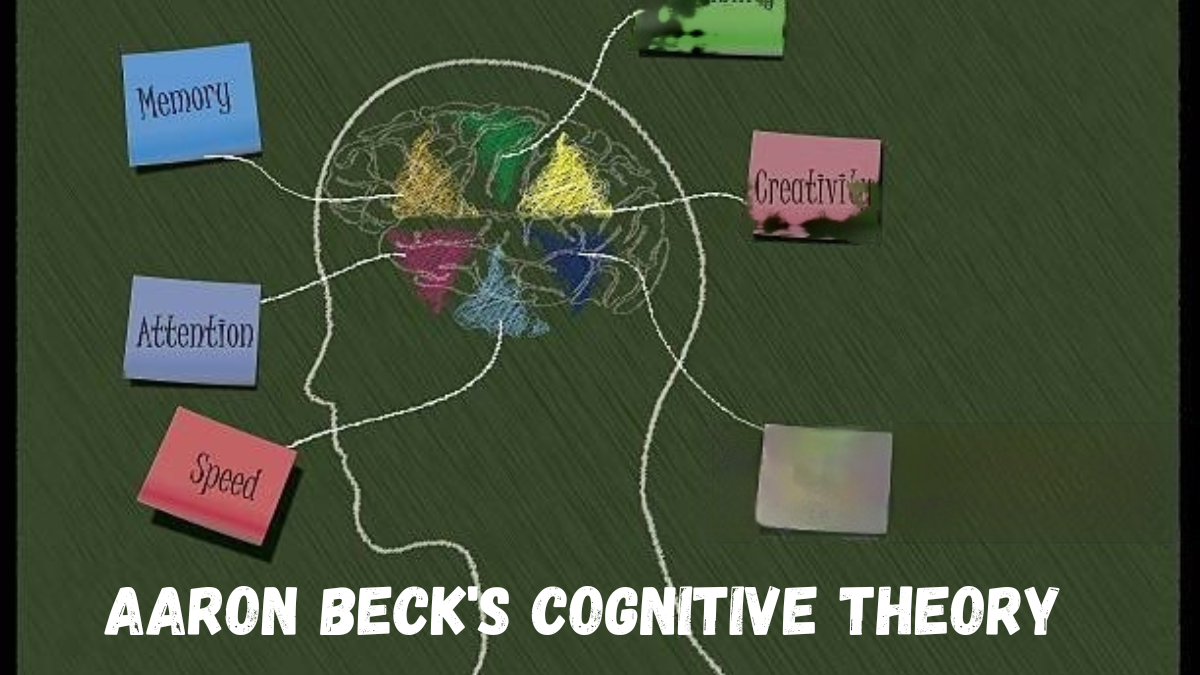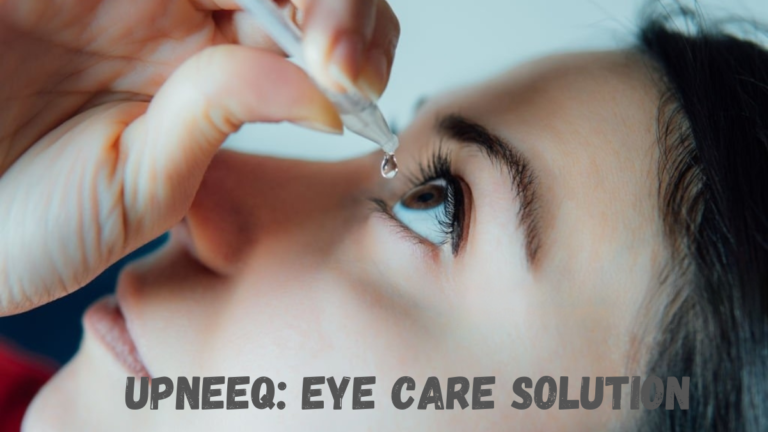Understanding Shoulds: Exploring Aaron Beck’s Cognitive Theory
The study of human behavior has long been a focus of academic interest in the field of psychology. Cognitive Theory, developed by Aaron Beck, is one theory that has greatly aided in our understanding of the mind and its workings. This theory explores the influence that “shoulds” have on our mental processes and our behavior.
The Basics of Aaron Beck’s Cognitive Theory
Cognitive Distortions
Cognitive Theory was first developed by renowned psychologist Aaron Beck and centers on the concept of cognitive distortions. These are logical fallacies that might cause psychological and behavioral problems. Cognitive distortions and the idea of “shoulds” go hand in hand.
What Are “Shoulds”?
Understanding Beck’s Cognitive Theory requires a clear definition of “shoulds.” “Shoulds” are the guidelines and standards that people make up for themselves. They typically take the form of steadfast convictions about the proper order of things.
The Impact of “Shoulds” on Mental Health
Beck argues that rigid “shoulds” can cause psychological problems including perfectionism, self-criticism, and low expectations. This might lead to a variety of mental health issues, including depression and anxiety.
The Role of “Shoulds” in Cognitive Distortions
Magnification and Minimization
According to Aaron Beck’s Cognitive Theory, magnifying or diminishing the importance of “shoulds” is a typical cognitive mistake. Unrealistic “should” expectations can lead to exaggerated perceptions of one’s deficiencies and underestimation of one’s accomplishments.
All-or-Nothing Thinking
The tendency for certain people to see things in black-and-white terms is another aspect of life that Beck’s theory addresses. Thinking in terms of “shoulds” might amplify this cognitive distortion and reduce one’s mental flexibility.
Emotional Consequences
We will examine the shame, aggravation, and disappointment that may result from “shoulds,” as well as how these emotions are linked to common cognitive misconceptions.
Challenging and Restructuring “Shoulds”
Cognitive Restructuring
According to Aaron Beck’s Cognitive Theory, this process of confronting and transforming unreasonable “shoulds” into more rational, flexible beliefs is called “cognitive restructuring.”
The Role of Therapy
Cognitive-behavioral therapies (CBTs) are quite useful in assisting patients in recognizing and adjusting their “should statements.”
The Enduring Influence of “Shoulds”
Cultural and Societal Influences
According to Aaron Beck’s Cognitive Theory, “Shoulds” are not formed exclusively by personal experience. Significant roles in forming these expectations are played by cultural and socioeconomic factors. What people should accomplish, how they should act, and what they should value are typically prescribed by society.
The Perfectionism Trap
The idea that one “should” strive toward perfection is widespread. A large portion of the population has the mindset that they need to be at the top of their game in every area of life. Anxiety and worry are common outcomes of the pursuit of perfection.
The Flexibility of “Shoulds”
You must realize that not all “shoulds” are negative. Some are malleable and adaptable; they aid in the establishment of personally significant objectives and ideals. Finding a happy medium between positive and negative “shoulds” is the key.
The Intersection of “Shoulds” and Self-Esteem
Self-Criticism and Self-Worth
According to Aaron Beck’s Cognitive Theory, Misguided “shoulds” can lead to severe self-criticism. When people fail to live up to their lofty standards, they may significantly damage their sense of self-worth.
Overcoming Negative Self-Talk
Aaron Beck, a proponent of cognitive-behavioral therapy, advises patients to confront their own critical “should”-based internal dialogue. They’ll boost their confidence and emotional health if they accomplish this.
“Shoulds” in Relationships
Interpersonal Expectations
Even in social interactions, there are “shoulds” to follow. People have preconceived notions about how they should treat us or act around us in certain social situations. Expectations like this might cause friction and miscommunication.
Communication and “Shoulds”
Navigating the tangled web of “shoulds” in partnerships requires clear and constant communication. By being forthright about what one hopes to gain from a relationship, everyone involved benefits.
A Balanced Approach to “Shoulds”
Self-Compassion
Self-compassion can help you strike a healthy balance between your “shoulds” and your “oughts.” Self-compassion and acceptance are powerful tools, especially in the face of disappointment or unfulfilled hopes.
Seeking Professional Help
According to Aaron Beck’s Cognitive Theory, Seeking help from a mental health expert may be quite helpful for those who are coping with negative “shoulds” that they were taught at a young age. Effective and long-lasting transformation is possible with the help of therapy, and CBT in particular.
Conclusion
In conclusion, “shoulds” have a significant part in molding our ideas and emotions, and Aaron Beck’s Cognitive Theory sheds light on this phenomenon. Individuals can take major actions toward better mental health by being aware of and rejecting these limiting beliefs. Our cognitive biases and “shoulds” may be transformed with work and proper direction, thus this realization is vital.
FAQs
Q: Can “shoulds” be positive?
Yes, some “shoulds” can be positive, motivating individuals to set goals and strive for personal growth. However, it’s essential to differentiate between healthy and unhealthy “shoulds.”
Q: How can I identify my own “should statements”?
Self-awareness is key. Pay attention to your inner dialogue and notice when you use words like “should,” “must,” or “ought to.” These are often indicators of “should statements.”
Q: Can “shoulds” change over time?
Absolutely. As individuals gain life experiences and engage in self-reflection, their “shoulds” can evolve and become more realistic and adaptive.
Q: Is cognitive restructuring easy to do on your own?
It can be challenging to challenge your cognitive distortions and “shoulds.” Seeking the help of a therapist or counselor experienced in CBT can be highly beneficial.
Q: Are “shoulds” the same as goals?
While “shoulds” can resemble goals in some cases, they often carry a sense of obligation or external pressure. Goals, on the other hand, are typically self-determined and driven by personal aspirations.
Q: Can “shoulds” change without therapy?
Yes, individuals can work on changing their “shoulds” without therapy. Self-help resources, mindfulness practices, and self-reflection can all contribute to this process.







